What is a Community Innovation Lab?
The Community Innovation Lab (CIL) explores, applies and examines innovations associated with local, national, and international communities. It facilitates a multidisciplinary network comprised of academics, students, community members and community-based organizations.
Our Mission
Members of the lab seek to cultivate, apply and reflect on scholarly work associated with social innovation in diverse communities.
In our work, we seek to:
Partner with communities to help drive inclusive social change
Drive a more civically active and engaged community
Forge cross-sector, public and private partnerships for scalable outcomes
Assist community organizations in using novel approaches toward achieving their mission
Guiding Practice
The CIL is designed to be a collaborative space where ideas and initiatives are generated, supported and challenged in a collegiate and respectful manner. Within the lab, participants develop personally and professionally as co-researchers, co-learners and co-educators. We believe principles of good practice are pivotal for CIL team members and affiliates when collaborating with diverse communities. Therefore, we ascribe to the following practices:
Empirical, Action, and Participatory Research - CIL affiliates collaborate with communities of place, practice and interest to cultivate, apply and evaluate cutting edge community practices.
Critical Practice - CIL affiliates implement skills associated with listening and respect, power analysis, community deliberation, public facilitation and cultural sensitivity in both practice and reflection.
Reflection - CIL affiliates engage in reflective processes regarding success, failures, and lessons learned.
Knowledge Sharing - CIL affiliates share conceptual models, theoretical frameworks, best practices, and lessons learned with each other and the communities with whom we engage.
Education and Outreach - CIL affiliates promote educational venues and programming highlight community innovations and lessons learned in order to strengthen communities and add to the greater body of knowledge.
